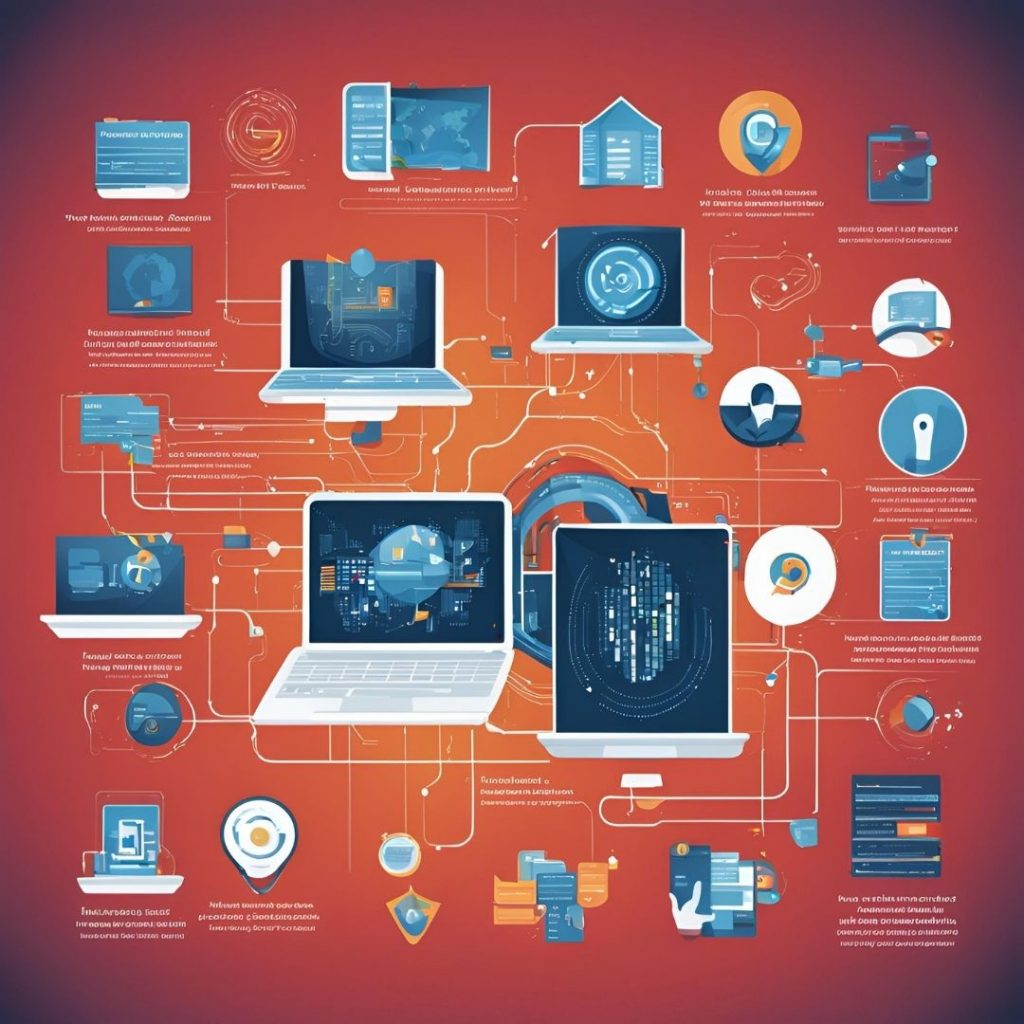What is Data Privacy
Data privacy is the aspect of information technology that deals with the ability of individuals and organizations to control information about themselves. It is rooted in the belief that individuals should have the authority to decide how and to what extent their personal information is communicated to others. In today’s digital age, data privacy has become a pivotal concern due to the vast amounts of personal information collected by various entities.
As digital technologies continue to permeate every facet of personal and professional life, privacy will remain at the forefront of social, political, and ethical debates. The future will likely see stricter regulations, more sophisticated data protection technologies, and greater public awareness of individual rights.
Data privacy is fundamental to protecting personal freedom, maintaining social trust, and fostering economic growth in the digital age. It requires a proactive approach from businesses and governments alike to ensure that data is handled responsibly. As we navigate the complexities of an increasingly information-driven world, maintaining robust privacy practices will be crucial not just for compliance, but for cultivating durable relationships with consumers and ensuring the ethical use of technology.
Why Data Privacy is Important
Individual Autonomy: Ensures that individuals maintain control over their personal information.
Trust and Confidence: Helps build trust between consumers and companies, crucial for fostering long-term business relationships.
Compliance with Regulations: Necessary for adhering to global data protection regulations such as GDPR, PDPL, CCPA, HIPAA, and others.
Prevention of Abuse: Protects individuals from fraud, identity theft, and misuse of personal information.
Key Components of Data Privacy
Consent Management: Collecting and processing data only after obtaining explicit consent from individuals, if required.
Data Protection Measures: Implementing strong security measures to protect data from unauthorized access and breaches.
Transparency: Providing clear information about the collected data, its usage, and its sharing recipients.
Right to Access and Control: Allowing individuals to view, modify, and delete their personal data held by organizations.
Data Minimization: Limiting data collection to what is directly relevant and necessary to accomplish a specified purpose.
Challanges in Data Privacy
Evolving Threat Landscape: Constantly evolving cyber threats pose ongoing risks to personal data.
Complex Regulatory Environment: Keeping pace with changing and often conflicting international privacy laws can be challenging.
Technological Advances: Innovations like AI and IoT expand the scope and scale of data collection, complicating privacy efforts.
Public Awareness: Educating consumers and employees about risks and individual rights remains a significant challenge.
